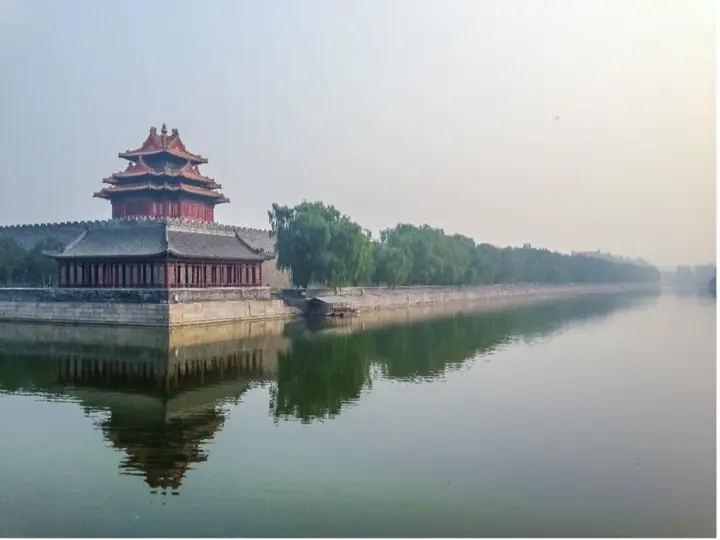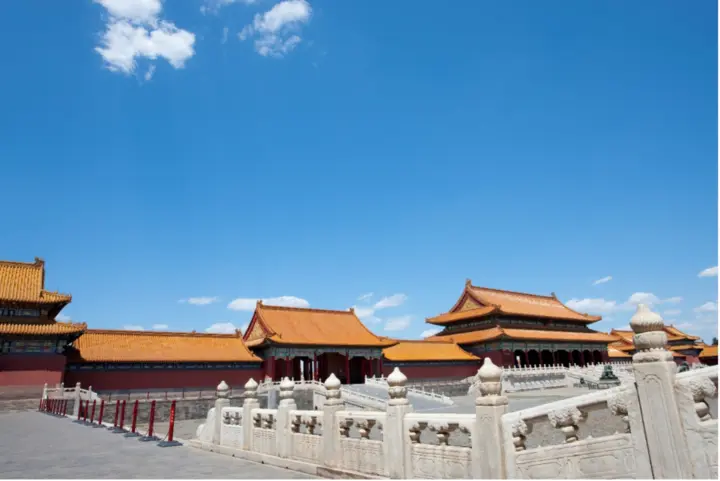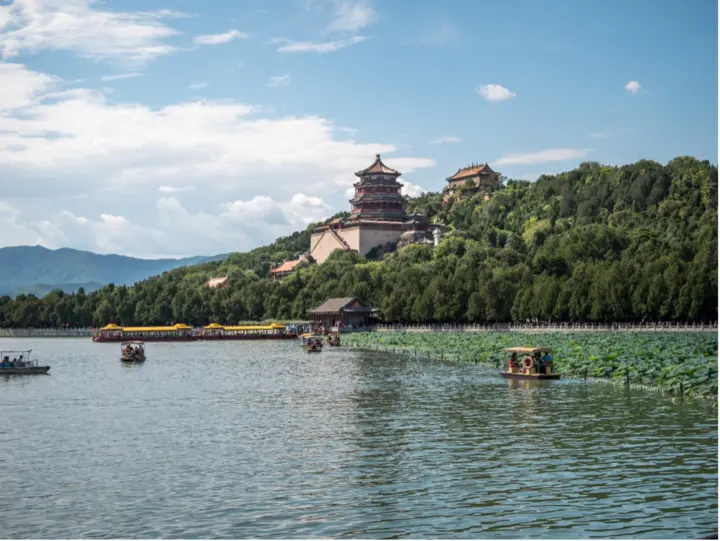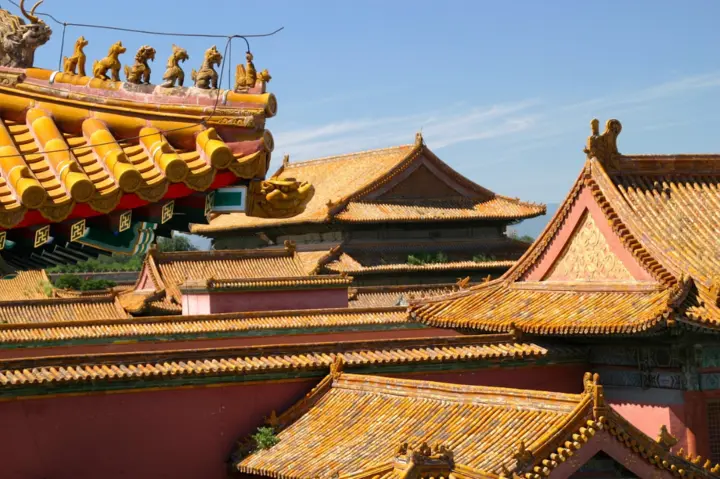China's Ancient Secrets: A Journey Through Time Through the Ancient Streets of Beijing
At the heart of China, where the threads of history converge with the fabric of the present, ancient Beijing stands tall as the eternal guardian of yesterday's secrets. It is not just a city, it is a living narrative told in every corner of it, in every stone.
Show key points
- Ancient Beijing is portrayed as a living story where history and culture are preserved in its streets, architecture, and traditions.
- The narrow alleys of Huzhong pulse with authentic daily life, reflecting enduring customs, local interactions, and community spirit.
- Markets and temples in Beijing serve as hubs for cultural exchange and spiritual reflection, showcasing religious diversity and traditional commerce.
- ADVERTISEMENT
- Palaces and gardens represent the grandeur of imperial China and reveal a harmonious blend of architectural brilliance and natural beauty.
- Feng Shui and sacred forests highlight China's deep-rooted spiritual connection with nature and the belief in environmental harmony and protection.
- Culinary traditions, from Peking duck to dumplings, narrate stories of heritage, celebration, and family values in Chinese society.
- Traditional clothing and martial arts symbolize elegance, discipline, and the enduring strength of Chinese cultural identity.
Through the streets of ancient Beijing, we follow in the footsteps of ancestors, exploring markets that were bustling with life, temples that sang prayers, and palaces that testified to the grandeur of empires. We learn about the arts and architecture that tell stories of creativity and dedication, and we sense the philosophies that planted the seeds of wisdom in the Chinese land.
This article is an invitation to discover the secrets that hide behind Beijing's ancient walls, and to understand how these secrets still come alive in every street and every home, influential in modern China. Together, let's begin this journey, a journey through time, to discover together the secrets of ancient China.
Recommend
The streets of Beijing - a witness to history

Hochong: The pulse of life in narrow alleys:
Huzhong, with its narrow alleys and adjacent houses, is the beating heart of Beijing. Here, the visitor can feel the pulse of daily life and traditions that have not changed throughout the ages. These alleys are teeming with locals, vendors and artisans, creating an experience rich in colour, sounds and smells.
Markets and Temples: Intercultural and Interreligious Forum:
Beijing's markets and temples are a crossroads of different cultures and religions. In the souks, visitors can find everything from rare spices to fine silk, while temples are a haven of spirituality and contemplation, reflecting the religious diversity that characterizes Chinese history.
Palaces and Gardens: Chinese Architecture and Design:
Palaces and gardens in Beijing are testaments to Chinese architecture and design. The palaces show the luxury of imperial life, while the gardens are the embodiment of natural beauty and Chinese art, where nature and architecture blend harmoniously.
Sacred forests and the secrets of nature

Feng Shui: harmony with nature and the universe:
Feng Shui, the ancient art of harmony and balance, is an integral part of Chinese culture. This concept is applied in the design of housing, buildings and gardens, so that they are in harmony with cosmic energy. Feng shui is believed to bring health, wealth and happiness to the inhabitants.
Sacred Forests: Protecting Villages and Spiritual Beliefs:
China's sacred forests are a haven for spirituality and meditation. Surrounded by villages and temples, these forests are a symbol of protection and wisdom. It is believed that they protect residents from evil spirits and bring blessings to local communities.
Daily life in antique Beijing

Food and Food: The Story of Each Bit:
Chinese cuisine expresses the diversity and richness of Chinese culture. Every dish carries with it a story, from traditional dumpling to the famous Peking duck. Food is not just a means of nutrition, it is a celebration of traditions and family gatherings.
Fashion and fabrics: silk, symbol of Chinese luxury:
Chinese silk, with its bright colors and intricate patterns, is a symbol of luxury and taste. Traditional costumes such as qibao show elegance and beauty, and express the cultural identity of the Chinese people.
Martial Arts: More than just self-defense:
Chinese martial arts, such as kung fu and tai chi, are considered part of the cultural heritage. It is not only for self-defense, it is also for meditation and improving physical and mental health.

As we conclude our journey through Beijing's ancient alleys, we find ourselves surrounded by the spirit of history that still beats in every corner of this ancient city. We have traveled through time, discovering the secrets that hide behind ancient walls and in the hearts of the people who live here. Modern Beijing, with all its development and globalization, still retains its rich cultural heritage, showing the world how the past and the present can coexist harmoniously.
The lessons of China's ancient secrets are not limited to the past, but guide the future. These secrets teach us the importance of preserving traditions and culture, and remind us that national identity and pride in heritage can be a driving force for innovation and progress.








